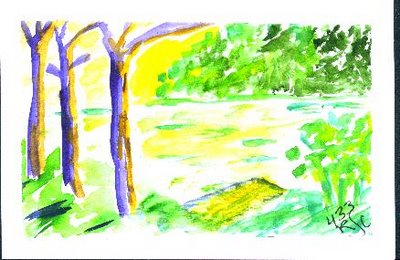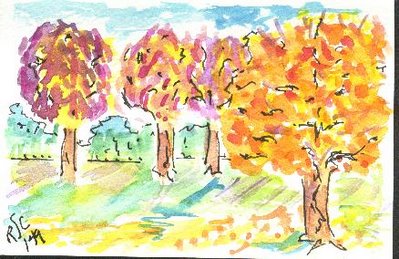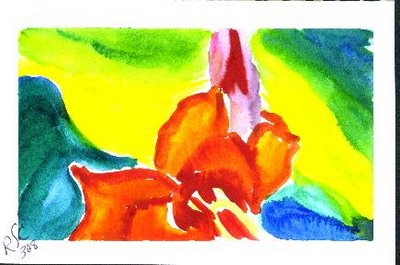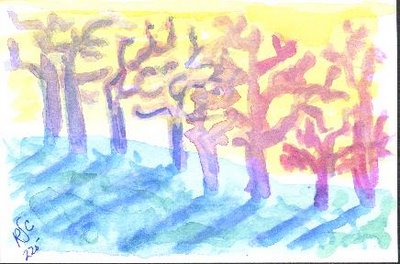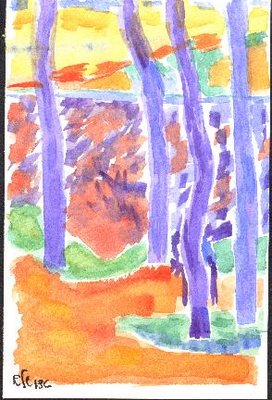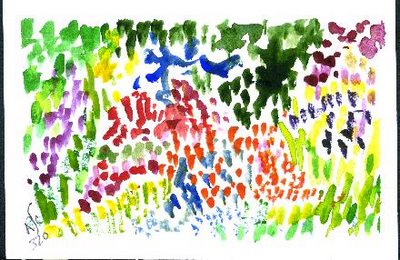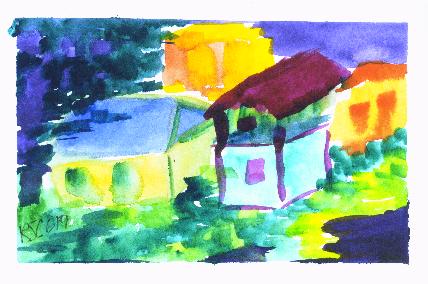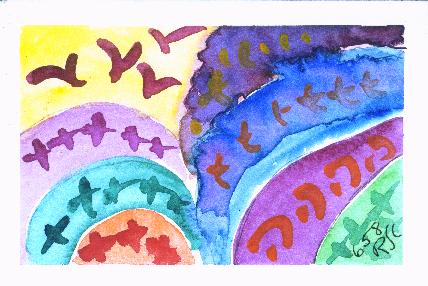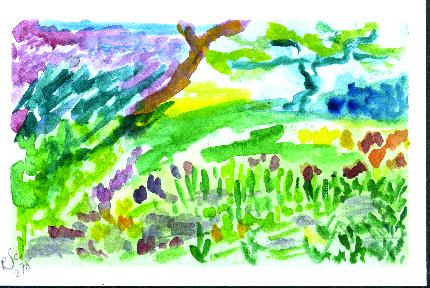
American Life in Poetry: Column 091
BY TED KOOSER, U.S. POET LAUREATE, 2004-2006
How many of us, when passing through some small town, have felt that it seemed familiar though we've never been there before. And of course it seems familiar because much of the course of life is pretty much the same wherever we go, right down to the up-and-down fortunes of the football team and the unanswered love letters. Here's a poem by Mark Vinz.
Driving Through
This could be the town you're from,
marked only by what it's near.
The gas station man speaks of weather
and the high school football team
just as you knew he would--
kind to strangers, happy to live here.
Tell yourself it doesn't matter now,
you're only driving through.
Past the sagging, empty porches
locked up tight to travelers' stares,
toward the great dark of the fields,
your headlights startle a flock of
old love letters--still undelivered,
enroute for years.
Reprinted from "Red River Blues," published
by College of the Mainland, Texas City, TX, 1977,
by permission of the author. Copyright (c) 1977
by Mark Vinz, whose most recent book is "Long Distance,"
Midwestern Writers Publishing House, 2005.
This weekly column is supported by The Poetry
Foundation, The Library of Congress, and the
Department of English at the University of Nebraska-Lincoln. This column does not accept
unsolicited poetry.
